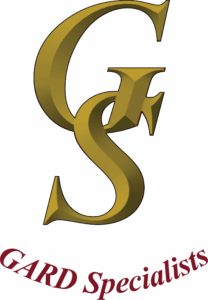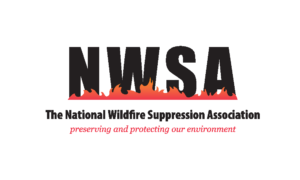We are posting this letter and emailing copies to the house and senate committee members responsible for oversight of the Department of Agriculture USFS C-130 airtanker program.
Dear Sirs,
We are representatives of the Associated Aerial Firefighters, a 501 (c) (4) exempt corporation. We are writing you to express our growing concerns about the U. S. Forest Service C-130 airtanker program. It is being conducted outside the scope of the traditional standards set for contractors that comprise the Air Tanker Industry in the United States today.
Here are a few facts we have obtained for your consideration:
This program, started in December 2013, authorizes the transfer of seven C-130 aircraft from the Coast Guard to the USFS. Tom Tidwell, Chief of the USFS, said all seven aircraft were to be converted by 2018. In early 2015 the USFS changed that to 2019.
A $6 million-dollar contract to provide air crew was awarded to CASS Professional Services Corp, headquartered in Temecula, California in April 2015. The jobs were initially for a nine-month period with options to extend the contract for two years.
A $1.193 million-dollar contract to provide maintenance was awarded to DRS Technical Services, Inc., Herndon, Virginia. The contract was initially for a nine-month period with options to extend for two years.
2015 –The initial USFS C-130 aircraft, Tanker 118, arrived mid-July 2015, equipped with a MAFFS II tank system, a system intended as an emergency “surge” firefighting capability for National Guard transports. The system does not provide the heavy coverage levels and consistency that are standard in all industry tankers. (Coverage level is a measure of thickness of retardant on the vegetation.)
Unlike contractor platforms that are required to respond nationally, the aircraft was limited to a 500-mile radius of McClellan Tanker Base in California. This was due to their inability to provide maintenance and logistical support beyond that limit. The typical fire-season for the Northern California Region is June thru October. The 180-day contract award paid for tanker 118 to sit on the ramp until January.
2016 — Tanker 116 arrived at McClellan Tanker Base in mid-October. It was not equipped for fighting fire and was used as a training platform for a period of time.
There is little information available from the USFS about this program. Aircrew for these aircraft are drawn primarily from the National Guard MAFFS program. They are trained and remain current as members of that program. More Clarity is in order in light of the generous contract award to CASS Professional Services Corp. and DRS Technical Services Inc. and the lack of availability of USFS C-130 platforms capable of performing the mission.
The USAF has been tasked to perform airframe repairs and upgrades as well as solicitations for the retardant tank upgrades. It took two years for the first C-130, tanker 116, to emerge from the Air Force facility at Werner Robbins with completed airframe repairs.
The original USAF contract solicitation for the new retardant tank was issued July 29, 2014 – it changed 14 times. The final due date for bids was May 15, 2015. The contract was awarded to the Coulson Group in May of 2016. Recently the award was rescinded at the governments convenience.
The USFS is not requiring their C-130 pilots to be “Initial Attack qualified.” This limits them to operating only behind a qualified USFS Lead Planes. These tanker crews lack the experience and qualification to take independent action on an imminent threat to life and property. In the interest of safety and efficiency all tankers need to be crewed with an Initial Attack qualified pilot.
The Forest Service has decided to operate their fleet of C-130 aircraft as “Public Use” unlike contractor operators that are required to adhere to standards mandated by the FAA. This scenario has led to serious problems in the past unless the agencies responsible provide consistent oversight and are held accountable. This also leaves private contractors at a competitive disadvantage.
The aerial firefighting fleet today constitutes a vital component of our countries civil defense forces. The industry companies providing this service have a proven track record for providing aircraft, crews, maintenance and logistics. All stake holders must be held to the high standards set by the U.S.D.A. Forest Service. To waive these essential standards to accommodate any organization or agency compromises both safety and efficiency and reflect poorly on the USFS in light of the escalating cost of aerial firefighting and its impact to the USFS budget.
We urge you to investigate this matter. Your findings could be of the utmost importance for the Air Tanker industry, our citizens, our Firefighters, and our Nation.
Sincerely, The Board of Directors Associated Aerial Firefighters;
Hart Drobish
Jerome Laval
Dean Talley
David Wardall
Scribe;
Jim Barnes











Speak Your Mind
You must be logged in to post a comment.